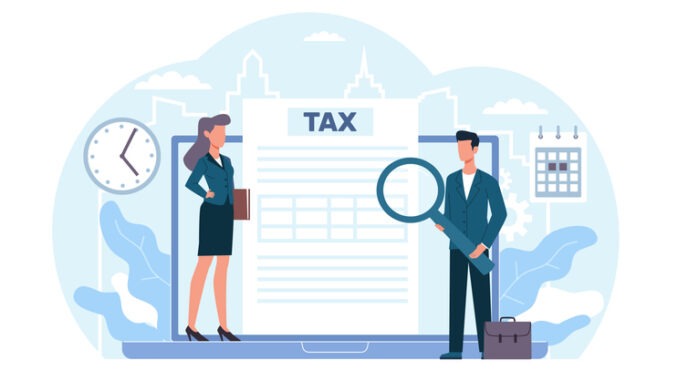For seasoned business owners, navigating the intricate realm of business taxes is a familiar task. However, with a wave of changes slated for 2024, keeping abreast of new rules and their respective timelines can pose a challenge. We’ve rounded up so of the crucial information and key dates dealers should be aware of
MTD: Making Tax Digital scheme
Making Tax Digital is a key part of the government’s Tax Administration Strategy. The objective of the MTD scheme is to streamline and simplify tax processes. It requires businesses and individuals to keep digital records, utilise software compatible with Making Tax Digital and submit updates every quarter, bringing the tax system closer to real-time.
Starting from April 6, 2026, entities or individuals with trading income exceeding £50,000 per annum will fall under the MTD Income Tax Self-Assessment (ITSA) regime. For businesses with income over £30,000, these obligations will come into effect the subsequent year.
National Insurance Contributions (NIC)
As part of the 2023 Autumn Statement, Chancellor Jeremy Hunt unveiled significant adjustments to the National Insurance contributions (NICs) system. Effective January 6, 2024, the National Insurance rate for employees is set to decrease from 12% to 10%, maintaining this reduced level throughout the 2023/2024 tax year. Meanwhile, Self-employed Class 2 National Insurance contributions will be scrapped in April 2024, saving sole traders around £179.40 a year. Dealers will not need to take action to implement these changes as accounting software should automatically update to include these changes in any calculations.
National minimum wage increase
Starting April, the national minimum wage (NMW) is set to increase to £11.44 per hour for workers aged 21 and over. Changes will also extend to younger employees and those on an apprenticeship wage, leading to an overall boost in their earnings. Under the revised rates in place, a full-time 23-year-old employee under a 37.5-hour workweek is expected to receive an annual pre-tax salary of approximately £22,308. In contrast, an apprentice will see their annual pre-tax salary rise to £12,480.
With the upcoming budget scheduled for March 6, 2024, it appears probable that additional tax adjustments will be introduced this year. Dealers should also be aware that the government’s energy bill discount scheme (in its current form) is set to end on March 31- meaning SMEs will undoubtedly see further changes to available business support.
Proactively staying informed and ready for these impending changes will empower dealers to not only analyse and optimise their own tax management processes but understand the implications for their customers.
With so many changes due to take place in 2024, experts recommend that business owners complete in depth financial analysis enable them to make well-informed decisions regarding cash flow forecasts, operational strategies, and investment initiatives.
Dealers should be prepared to assist customers who may need additional document software and hardware, including scanning technology. This support extends to providing guidance on product selection to facilitate the digitisation of records and documents.




Be the first to comment